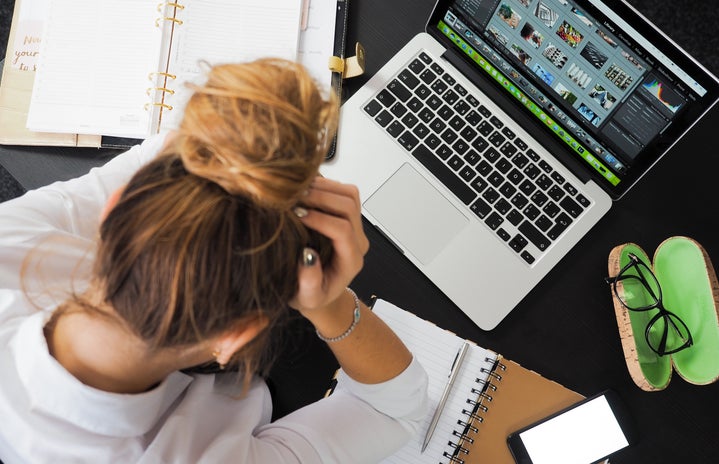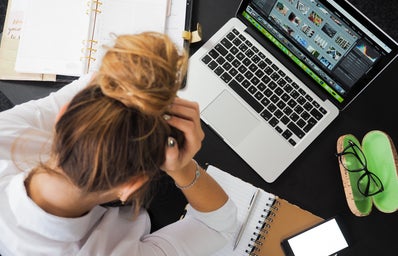The social justice movements that rose over the summer were different than previous ones because they kept, and shifted the momentum. While to some, it was still a trend for a few weeks, the societal perspective for many had completely changed. Protests became a daily act especially in Louisville, Kentucky, the home of the late Breonna Taylor, who was murdered by police in March. Some of the civil unrest was documented by the news and some was not. The Chicago Tribune, for one, reported most of Chicago’s protests and kept the news cycle going. However, the situation in Louisville was only shared on Twitter.
For the most part, social media didn’t stop the momentum either. It became a norm to share things related to social activism, and those who didn’t use their platform were mostly looked down upon, especially in terms of influencers who have a large social following and voice. Friendships and family ties were re-evaluated based on political values and ideas concerning social justice. For most people, this is new, as America has never experienced prolonging civil unrest for such a long time. Social justice issues in the past were always trending for a couple of weeks, and then, just like that, the momentum and the news cycle was gone and no one discussed it anymore.
This new era of social justice is here to stay and can have a large impact on everyone’s mental health. With constant news updates, each one seemingly worse than the other, it is important to make sure that we still check in both with ourselves and those around us. Mental health is already important, but it is even more important during times like these — we are experiencing a global pandemic, online school, constant negative news, and critical times in terms of social justice. Here are some ways to deal with these unprecedented times, and put your mental health first.
Disconnect from social media and news.
While it is important to stay informed, it is also very important to disconnect and take a break from the pour of information. The constant influx of news can get very stressful, and while it is important to acknowledge, pay attention to, and fight against the negative issues of the world, it is equally as important to acknowledge the small positives that we continue to see. This is easier when we disconnect for a while, whether it’s a couple of hours or for an entire day.
Talk to a friend.
During a pandemic where we aren’t allowed to plan face-to-face outings that often, it can be very easy to develop a relational distance with those we used to see daily. In times like these, we must make sure to keep checking in with each other, whether it’s through a FaceTime call or a quick text.
Work on your hobbies again.
With online school, it’s common to be sitting in front of a screen all day, making it difficult to focus on hobbies like we used to. Take some time out of your day to do the small things you love, whether it’s baking, cooking, drawing, or playing a sport. It may seem difficult and unlikely, but focusing on your hobbies can help de-stress and take your mind off any difficult things you may be anxious about.
Go outside.
Going outside makes the biggest difference, especially during a time when we are mostly staying at home. Staying inside the house all day can be physically draining, and even taking a small 20-minute walk and breathing fresh air can help reset both your mind and your body. Although it’s getting colder out in Chicago, grab a sweater or a jacket and breathe in the cold air!
These are just a few tips that have personally helped me in terms of mental health during these times. It is difficult to stick to a routine, especially now, but is important to take care of ourselves and others as much as possible in terms of both our mental and physical health.



